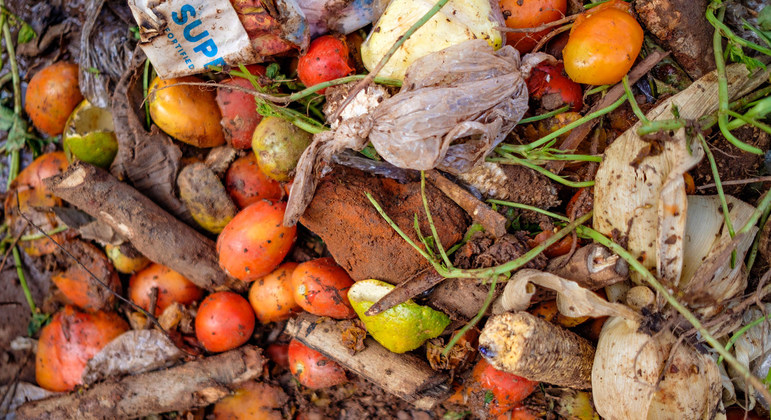The call comes as the Food and Agriculture Organization (FAO) said that 17 per cent of all food available to consumers in 2019, ended up being thrown away.
An additional 132 million people face food and nutrition insecurity today because of the COVID-19 pandemic, FAO said, ahead of the International Day of Awareness of Food Loss and Waste, on Wednesday 29 September.
Global problem
The problem of food waste is a global one and not limited to wealthy nations alone, said Nancy Aburto, Deputy Director of FAO’s Food and Nutrition Division Economic and Social Development Stream, speaking at a press conference in Geneva.
“Food insecurity, hunger and malnutrition are impacting every country in the world and no country is unaffected; 811 million people suffer hunger, two billion suffer micronutrient deficiencies – that’s vitamin and mineral deficiencies – and millions of children suffer stunting and wasting, deadly forms of under-nutrition.”
The FAO official warned that the high cost of “healthy” diets, meant that they were now “out of reach” of every region in the world, including Europe.
She also said that more countries needed to embrace innovation to reduce waste, such as new packaging that can prolong the shelf-life of many foods, while smartphone apps can bring consumers closer to producers, reducing the time between harvest and plate.
Repercussions of food waste
Reducing food loss and waste would improve agri-food systems and help towards achieving food security, food safety and food quality, all while delivering on nutritional outcomes.
According to FAO, it would also contribute “significantly to the reduction of greenhouse gas emissions, as well as pressure on land and water resources”.
With less than nine years left to reach Sustainable Development Goal (SDG) 12 on ensuring sustainable consumption, and target 12.3 to halve per capita global food waste at the retail and consumer levels, there is an urgent need to accelerate action, up to the 2030 deadline.


